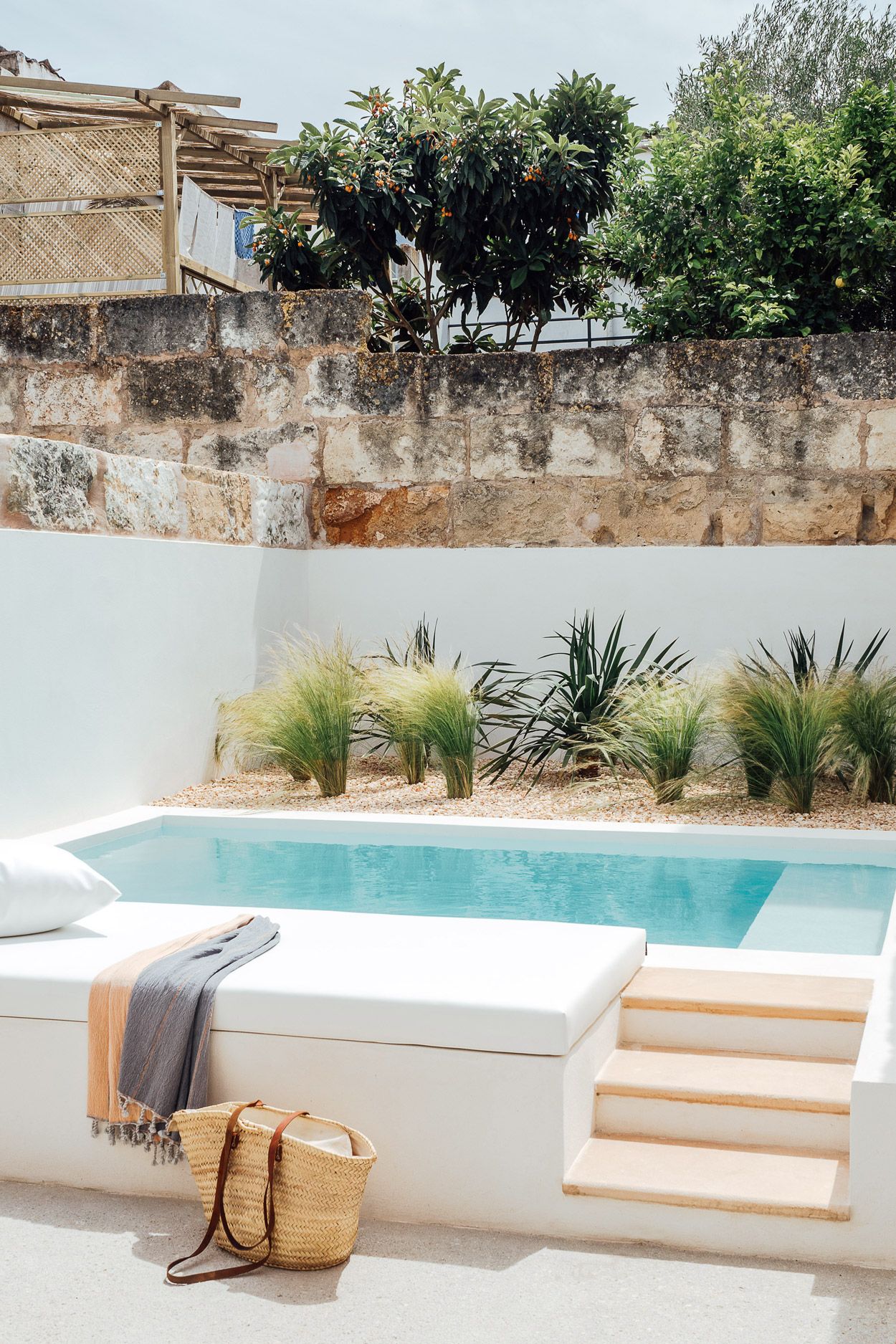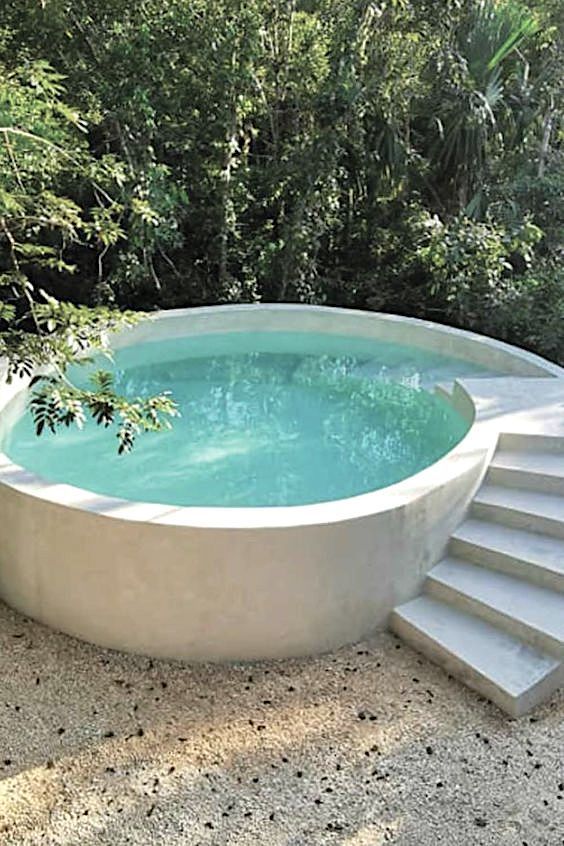Plunge pools are becoming increasingly popular as a way to cool off during the hot summer months, but there is much more to these small pools than just a way to beat the heat. Plunge pools offer a range of benefits, from relaxation and stress relief to fitness and rehabilitation. If you are considering adding a plunge pool to your backyard or are simply curious about what they have to offer, this ultimate guide will provide you with everything you need to know.
What is a Plunge Pool? A plunge pool is a small, shallow pool that is typically around 4-7 feet deep and is designed for quick dips and relaxation rather than swimming laps. They are often used as a way to cool off after using a sauna or hot tub, or as a compact alternative to a traditional swimming pool. Plunge pools can be above ground or in-ground, and can be customized to fit your space and design preferences.
Benefits of Plunge Pools Plunge pools offer a range of benefits, both physical and mental. The cool water can help to reduce inflammation and soothe sore muscles, making them a popular choice for athletes and those recovering from injuries. The size of a plunge pool also makes them ideal for small spaces, allowing you to enjoy the benefits of a pool without the need for a large backyard. Additionally, the compact size of plunge pools means they are easier to maintain and require less water and chemicals than a traditional swimming pool.
Design Considerations When considering adding a plunge pool to your backyard, there are a few design considerations to keep in mind. First, consider the size and shape of the pool to ensure it fits your space and design aesthetic. Plunge pools can be customized with features such as jets, lighting, and seating to enhance your experience. Additionally, think about how you plan to use the pool – will it be primarily for relaxation, or will you also use it for fitness or rehabilitation? This will help determine the depth and size of the pool that is best suited to your needs.
Maintenance and Care Plunge pools require regular maintenance to keep them clean and functioning properly. Regularly check the pH and chlorine levels of the water, and clean the pool regularly to prevent algae and bacteria buildup. It is also important to keep the water circulating to ensure it stays fresh and clean. Additionally, consider investing in a pool cover to keep debris out of the water when not in use.
In conclusion, plunge pools offer a range of benefits and can be a great addition to any backyard. Whether you are looking for a way to cool off during the hot summer months, or are seeking a compact alternative to a traditional swimming pool, a plunge pool can provide you with a relaxing and rejuvenating experience. With the information provided in this ultimate guide, you can make an informed decision about whether a plunge pool is right for you.
 goodworksfurniture Decoration and home design ideas
goodworksfurniture Decoration and home design ideas





